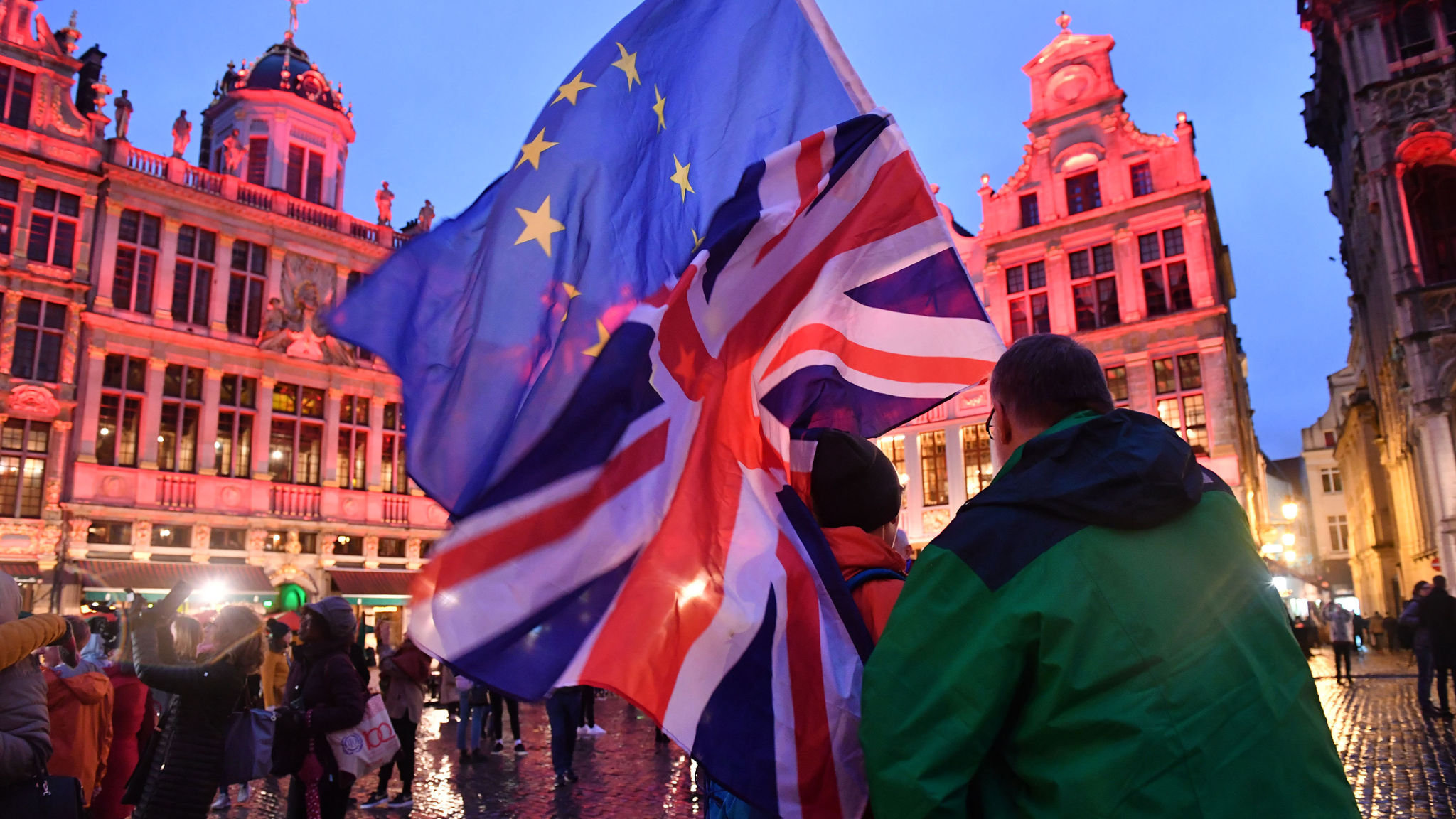Seven years ago, the United Kingdom made a historic decision to leave the European Union (EU) in a referendum known as Brexit. The campaign leading up to the vote was marked by promises of greater sovereignty, economic prosperity, and control over immigration. However, as we look back over the past seven years, the reality of Brexit has been more complex and challenging than many had anticipated.
The Brexit campaign was driven by a desire for the UK to regain control over its laws, borders, and money. Promises were made of a prosperous future outside the EU, with the Leave campaign famously claiming that £350 million a week sent to the EU could be redirected to the National Health Service (NHS). The campaign also argued that leaving the EU would allow the UK to establish its own trade agreements and control immigration more effectively.
Seven years on, the UK's exit from the EU has indeed brought significant changes, but not all have been positive or as expected. The NHS, a focal point of the Leave campaign, has faced exacerbated staff shortages, partly due to changes in immigration rules for EU health workers. The promise of more funds for the NHS has been overshadowed by these staffing issues and the pressures of the COVID-19 pandemic.
In the business sector, industries like car manufacturing have been hit hard. Companies such as Ford and Jaguar Land Rover have cited "pointless costs" and "unrealistic" new trade rules as significant challenges. The introduction of new "rules of origin" has created headaches for global manufacturing supply chains, leading some companies to consider moving operations overseas.
Moreover, the return of mobile roaming charges and the sight of endless queues of lorries at Britain’s ports have become emblematic of the post-Brexit era. These changes have affected both businesses and individuals, leading to increased costs and delays.
Inflation has surged, with the UK experiencing the worst inflation in the G7. Disruptions to supply chains and a shortage of seasonal agricultural workers, partly due to Brexit, have contributed to this rise. The cost of living has increased, with one study suggesting that Brexit-related red tape may have added £250 to the typical household’s grocery shopping bill.
Despite these challenges, Brexit has its supporters who remain optimistic about the future. They argue that the UK now has the freedom to set its own path and that any current difficulties are short-term pains for long-term gains.
However, public sentiment appears to be shifting. Recent polls suggest that most Britons now believe the UK was wrong to leave the EU, indicating a significant turnaround since the referendum. The sunlit uplands promised by the Leave campaign are yet to materialize, and the debate over whether Brexit was the right decision continues.
In conclusion, seven years after the Brexit vote, the UK finds itself navigating a new reality marked by both challenges and opportunities. The full impact of Brexit is still unfolding, and it will likely take many more years to fully understand the implications of this historic decision.









